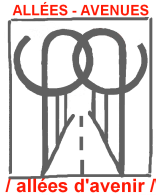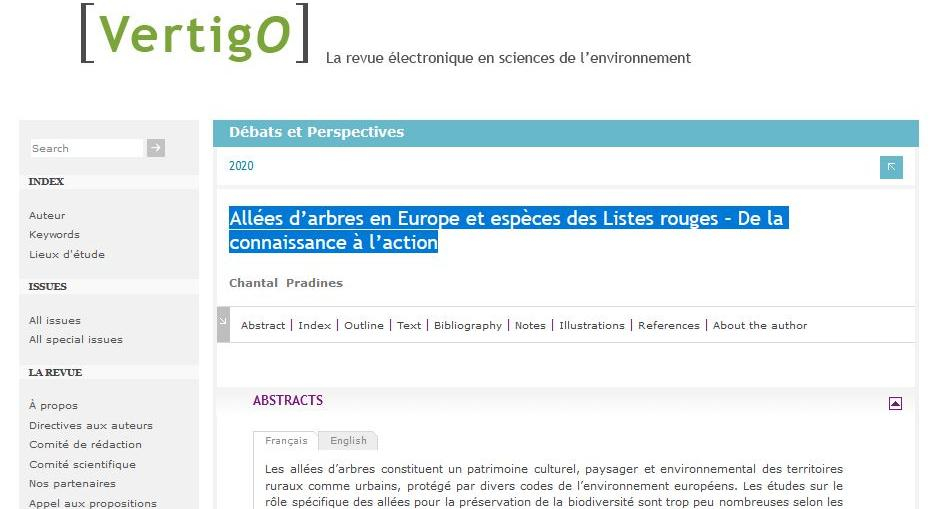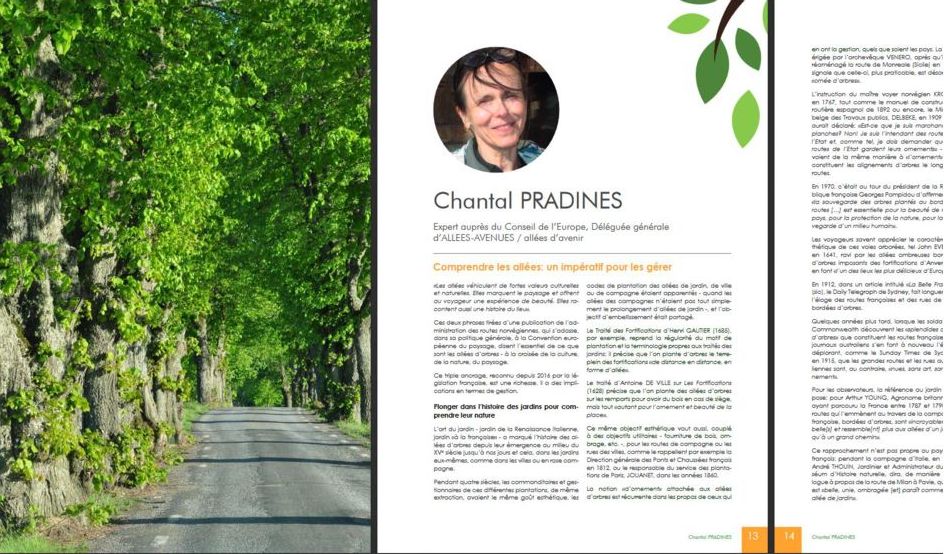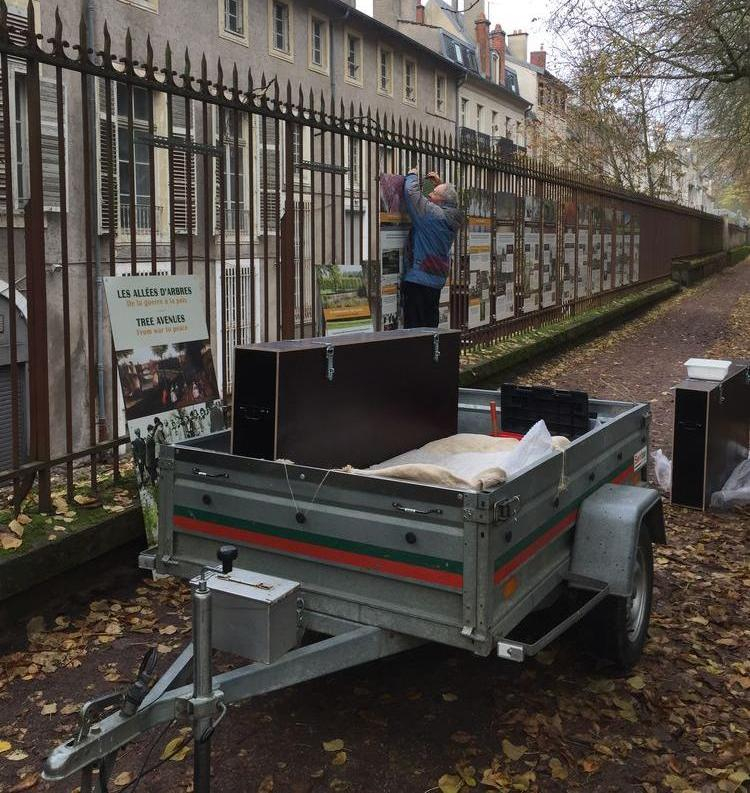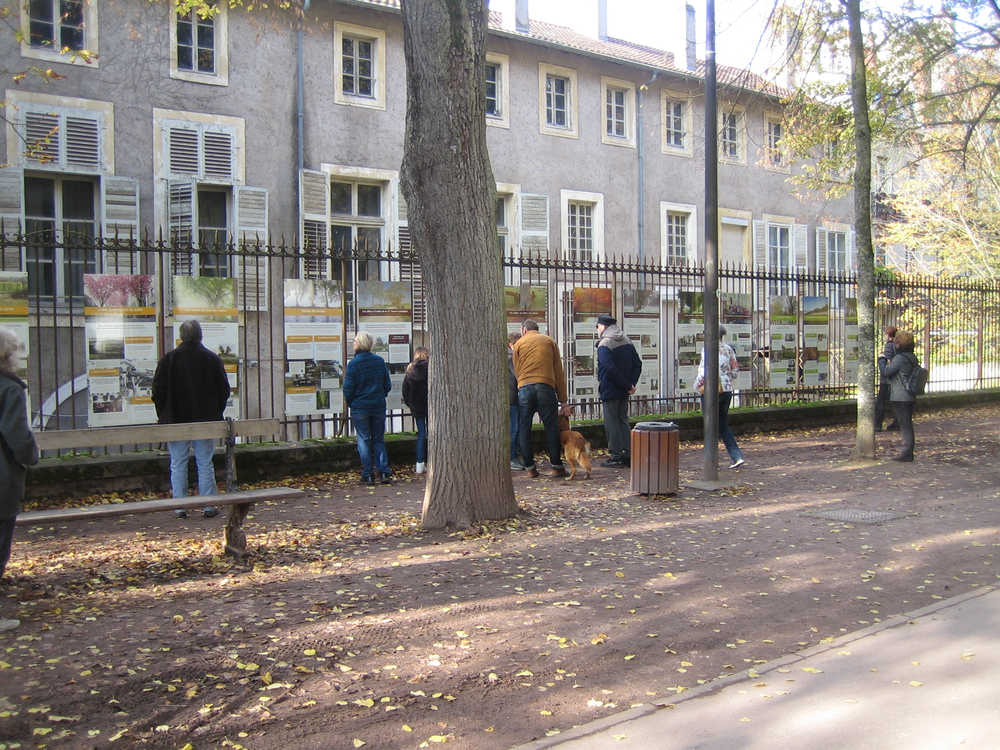News
C-B-A .... ask for B, B as ... biodiversity
Tuesday, 01 September 2020
C-B-A, culture - biodiversiy - amenities: these are the 3 basic reasons why tree avenues are protected by the French environmental code (article L350-3). You will find some links towards articles and videos about this protection under the "Resources" tab of our website.
A new paper, "Allées d’arbres en Europe et espèces des Listes rouges – De la connaissance à l’action", written by our managing director, was published last spring by the online scientific magazine VertigO. It deals with the biodiversity in avenues and how to manage them. It is in French, but has an English summary.
An outcome of our international symposium
Monday, 29 June 2020
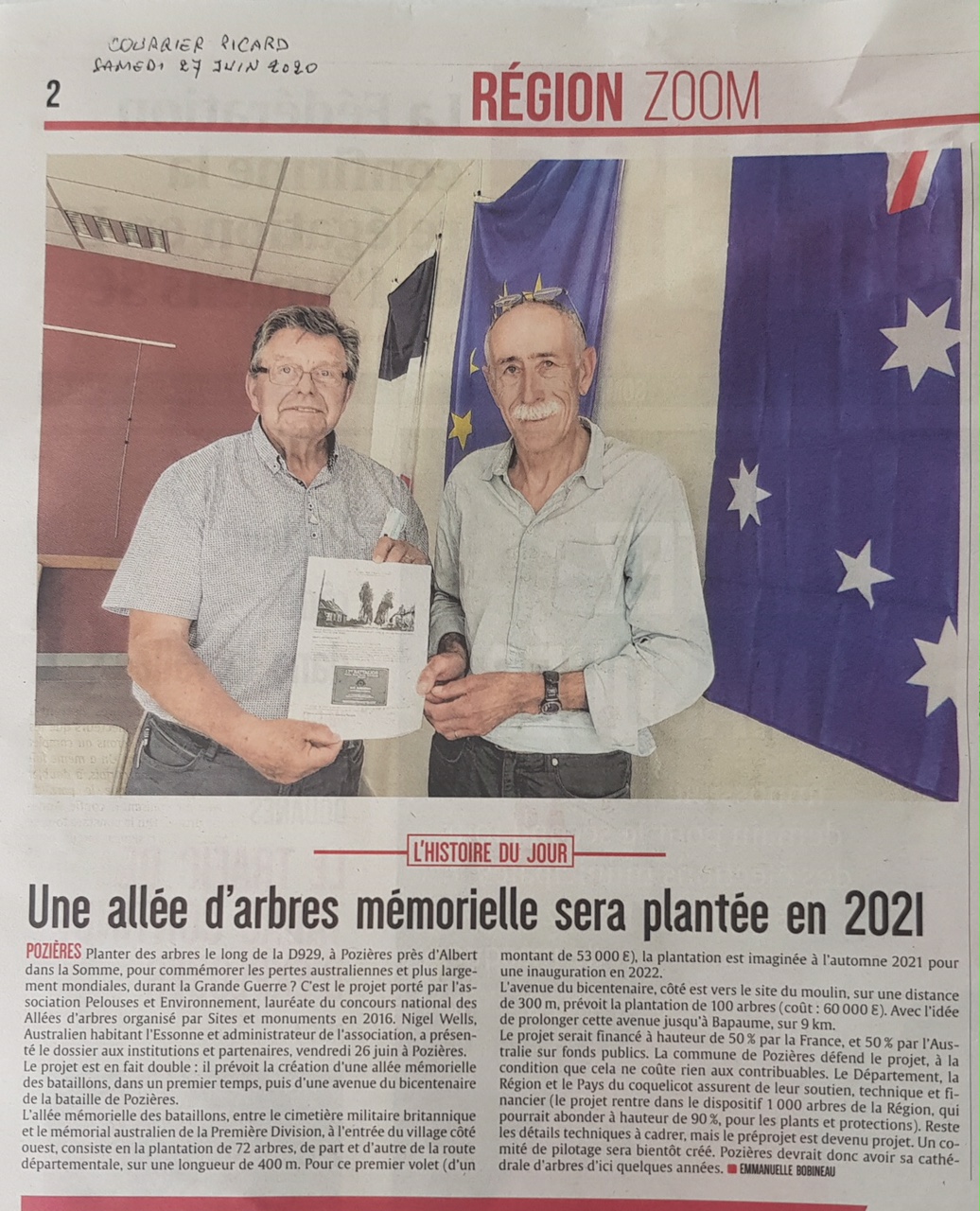
Last Friday, we were invited in Pozières, in Northern France, wellknown to Australians and Brits because of the costly fightings that took place in the area in 1916. There is a project of planting a memorial avenue, and we are happy of this outcome of our symposium "Tree avenues - from war to peace". ALLÉES-AVENUES /allées d'avenir/ was invited at this meeting with main officials, who showed their great interest in this project. Our managing director Chantal Pradines could explain why planting trees along a main road is not a road safety issue (just check the studies).
Des artistes pour accompagner les allées
Tuesday, 14 April 2020
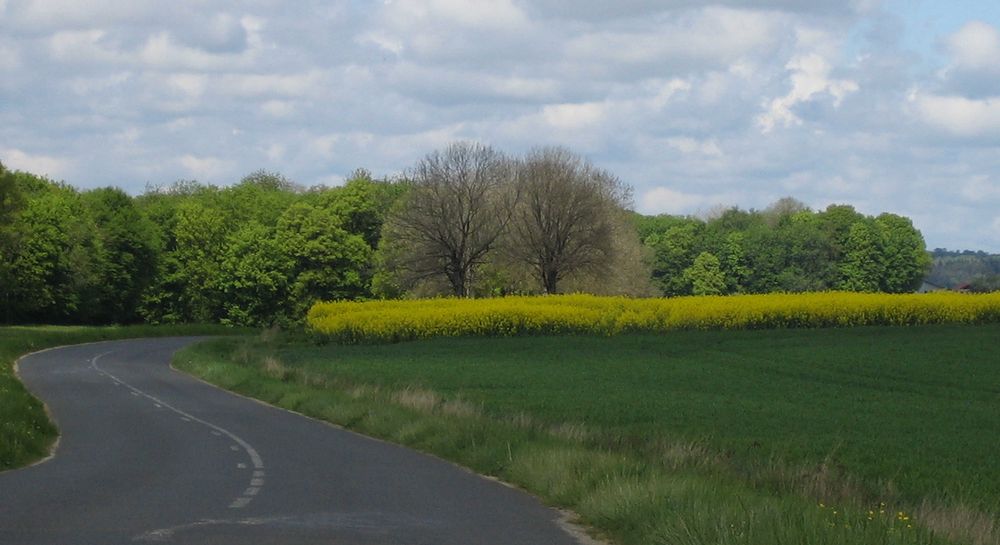
Le paysage n'est pas figé. Les allées non plus. Elles changent au gré des saisons. Elles grandissent et vieillissent. Elles subissent des coups de vent ou des attaques de maladies ou de parasites. Elles perdent des arbres et en accueillent de nouveaux.
Nous souhaitons que ces transformations ne disparaissent pas de nos mémoires. C'est pourquoi, cette année, nous lançons un "observatoire artistique" d'une allée : des artistes comme Constance Fulda (France), Wayne Gudmundson (Etats-Unis), Dan Llewelyn Hall (Grande-Bretagne) sont invités à garder, à leur manière, une trace de l'allée désormais "historique" de Trampot. Lisez notre rubrique "Observatoire artistique 2020" pour en savoir plus.
Conference on trees and urban forestry in Belgium
Wednesday, 27 November 2019
Our managing director was invited in Mons, Belgium, to make a presentation about tree avenues and their management.
If you read French, just click on the picture to access the proceedings of the conference organised by Service Public de Wallonie and Hainaut Développement and which attracted around 500 participants.
The exhibition panels have been stowed into boxes
Wednesday, 27 November 2019
Bye bye Nancy ! We took the panels down and put them into boxes, ready for shipment to some other venue. If you are interested, do contact us!
November 9th in Nancy
Sunday, 10 November 2019
Some friends of tree avenues gathered in Nancy to see our exhibition on tree avenues. For those who read french, here is the speach of our chair Eric Mutschler. And some pictures.
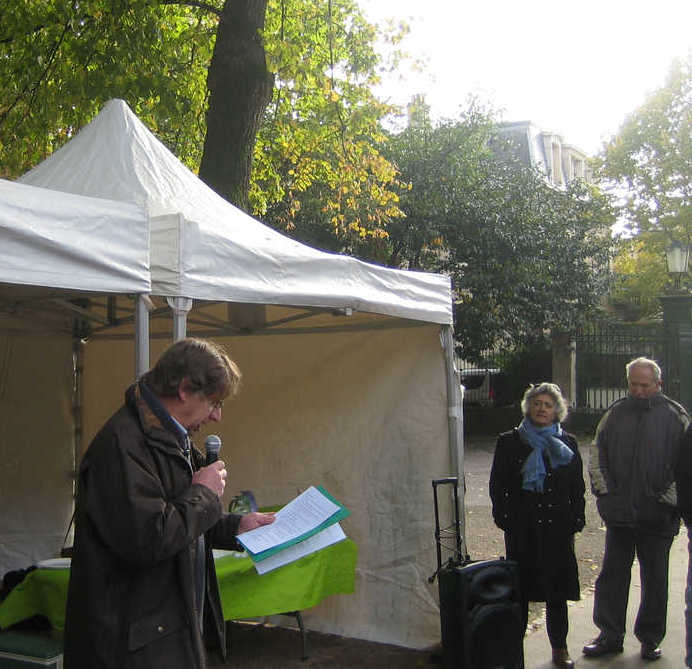
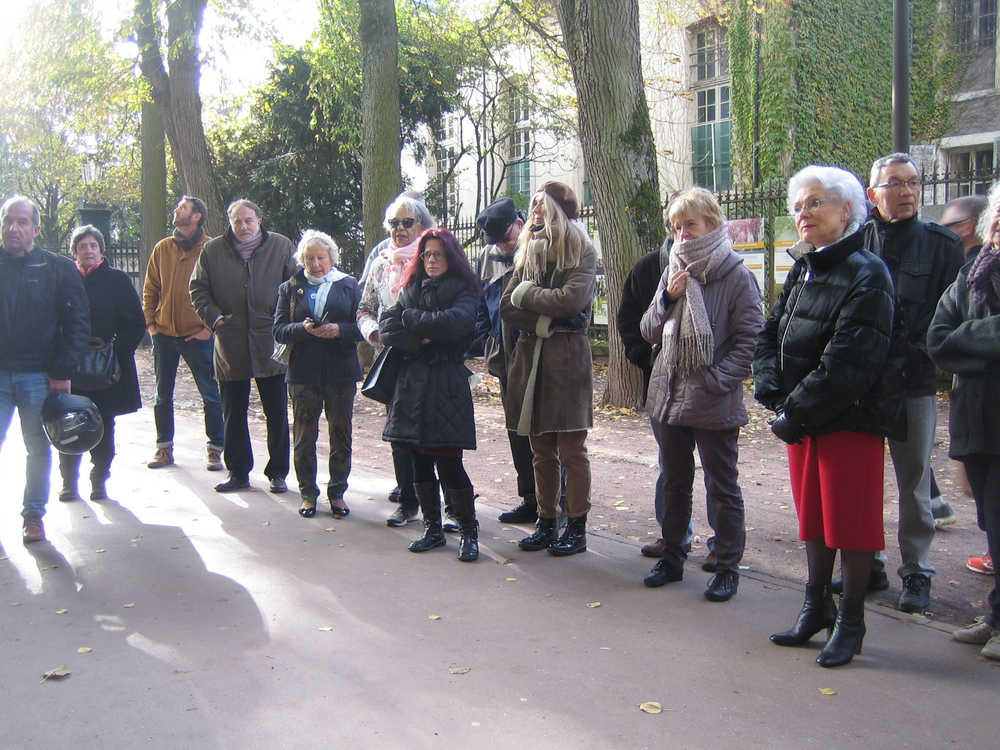
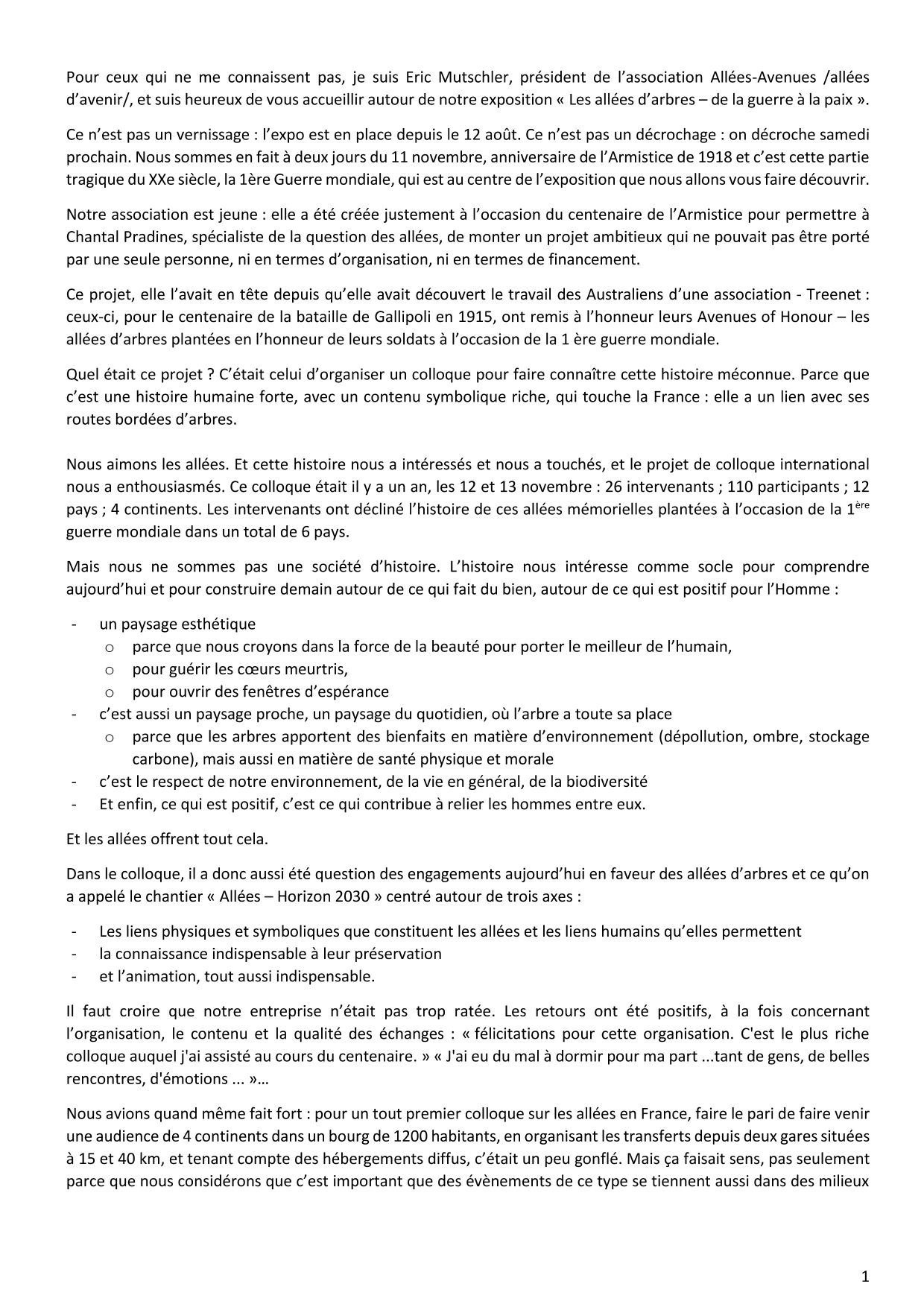
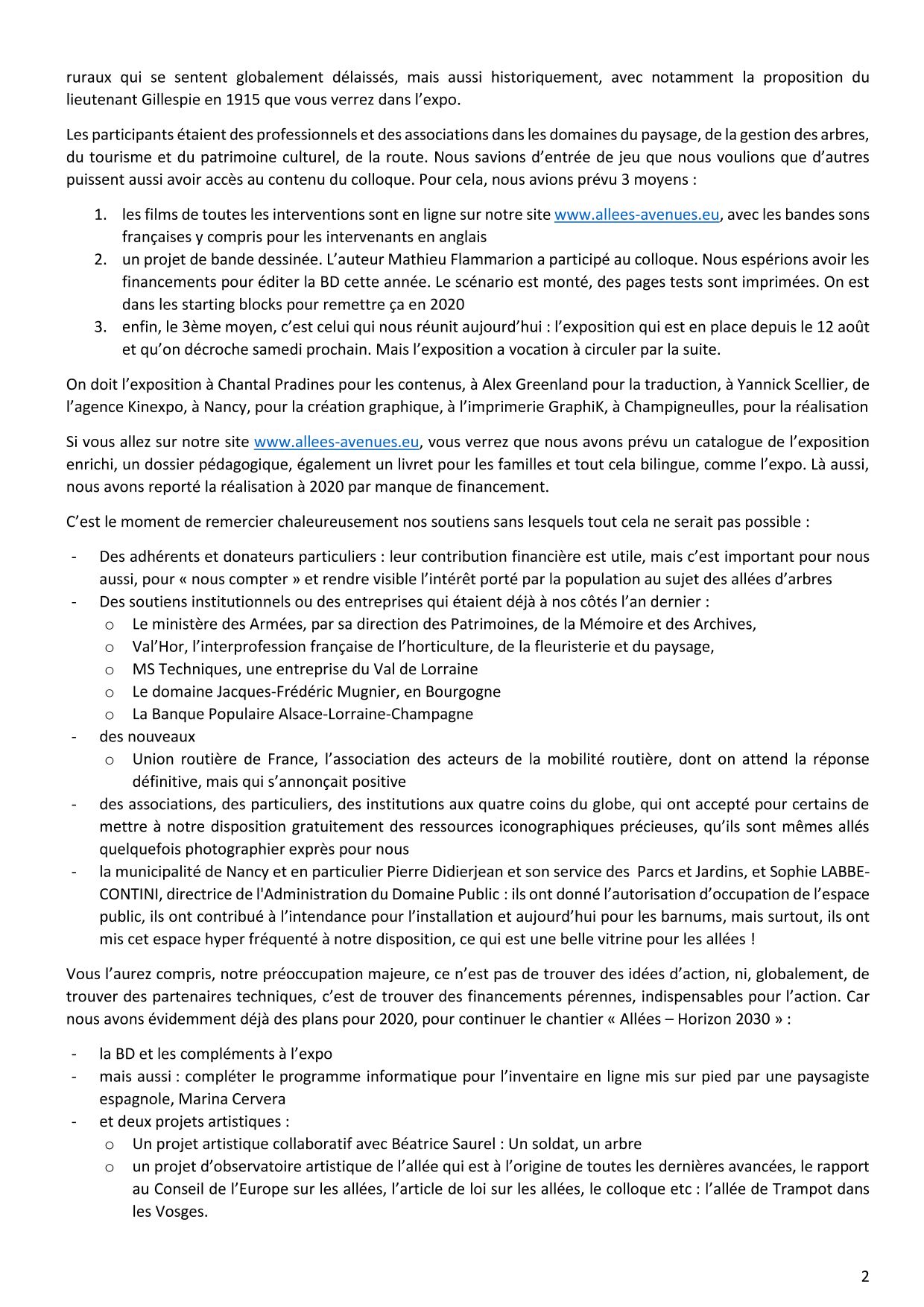
The French environmental code is protecting tree avenues. Explanation
Tuesday, 05 November 2019
Last conference organised by CAUE 77 was about legal means to protect trees. We presented article L350-3 of the French environmental code. Film, powerpoint presentation and text are on line (in French) in the "Resources" section
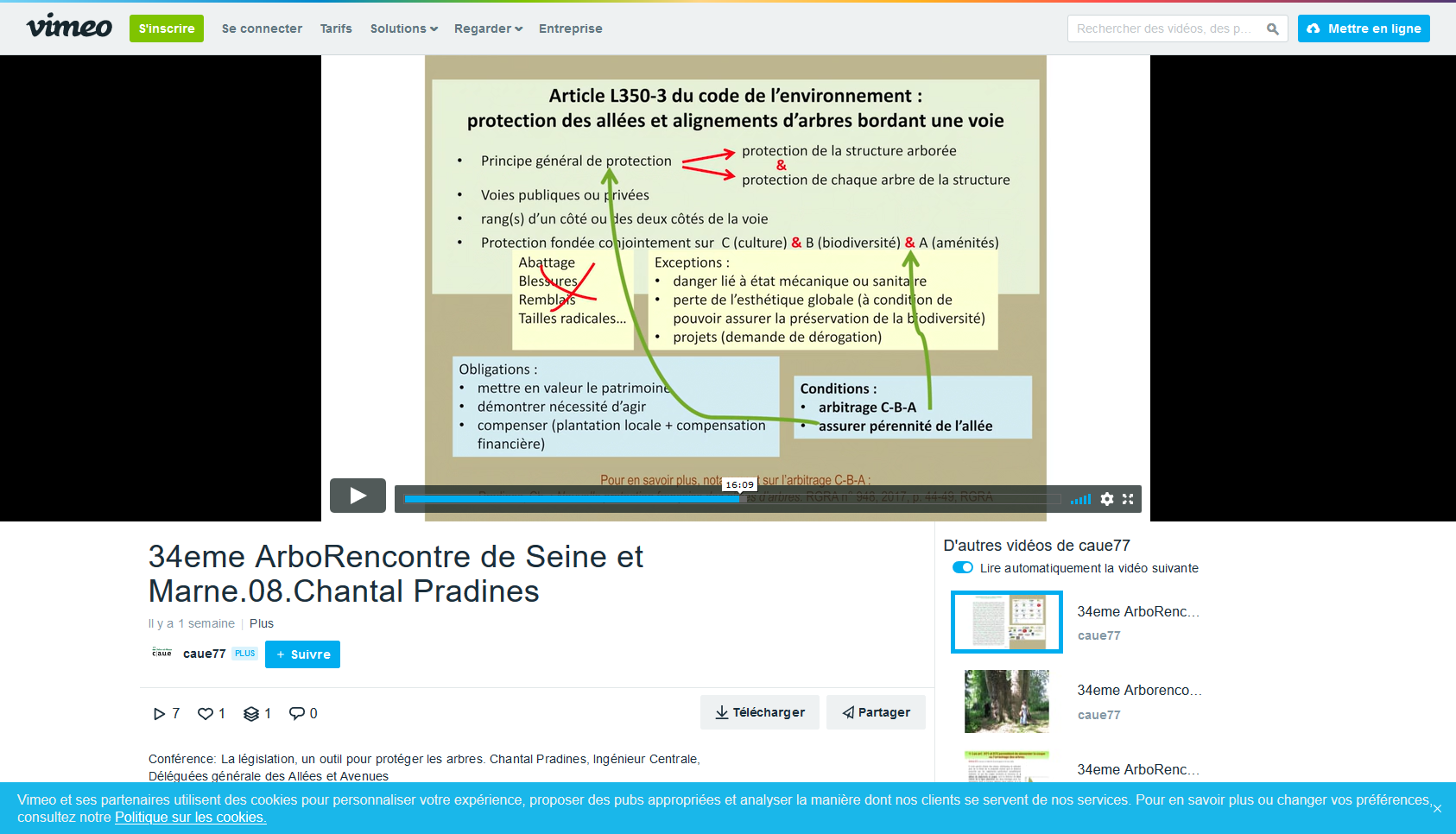
Our exhibition can be seen in Nancy
Sunday, 18 August 2019
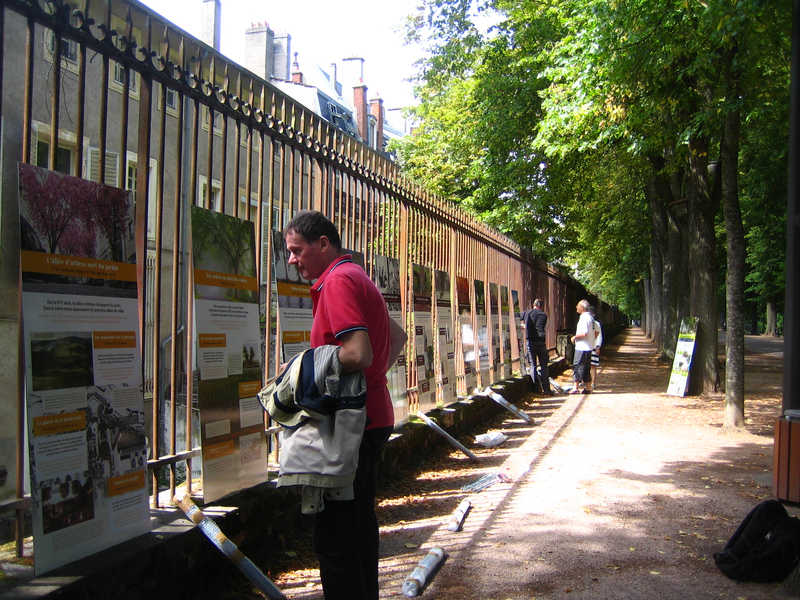
The 14 panels of our exhibition “Tree avenues - From war to peace” are displayed along the upper avenue of "La Pépinière", a former nursery for roadside trees, now a public Park close to the famous World Heritage listed "Place Stanislas" in Nancy.
The exhibition will be visible until November 16th. Texts are both in French and in English.
The panels feature the history of tree avenues from the 15th century to modern times, with a special focus on WWI, where the French tree-lined roads made an impression on foreign soldiers, inspiring , directly or indirectly, the memorial plantings in the British Empire, in the United States and in Italy.
"Landschaftstagung", la coférence bisannuelle allemande sur le paysage et les infrastructures
Friday, 17 May 2019
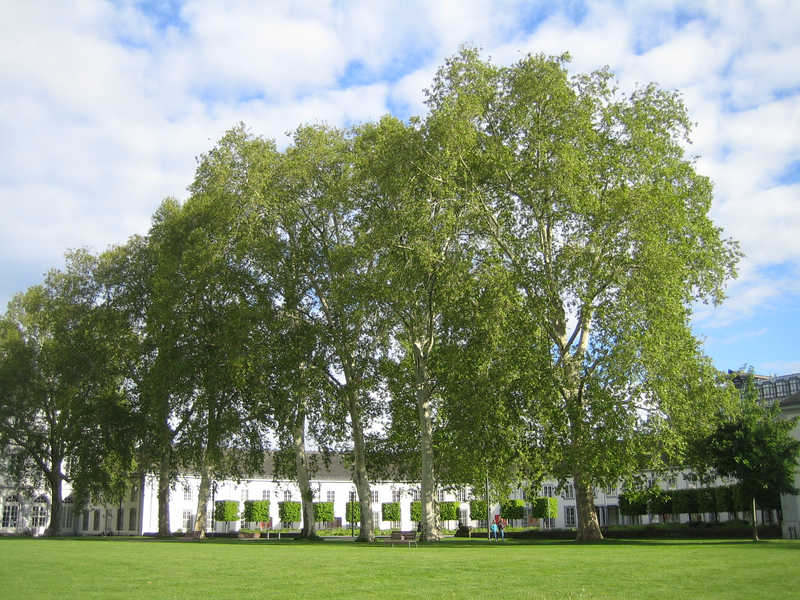
Les 9 et 10 mai se tenait à Coblence la 25ème conférence bisanuelle sur le paysage et les infrastructures organisée par le FGSV, un évènement important outre-Rhin, qui rassemble plus de 400 participants, exploitants routiers, paysagistes, spécialistes de la biodiversité. Parmi eux, deux participants français, représentant respectivement l'association et le programme français ITTECOP. Près de 2h et 1/2 ont été consacrées aux allées d'arbres. On y a malheureusement entendu ce que l'on entend partout en Europe : les riverains exploitants agricoles ne sont pas toujours tendres avec les arbres. Et surtout, il n'est guère possible d'acquérir des terrains si on veut planter plus loin. Un bon point dans la conclusion de l'atelier: l'intelligence artificielle et l'évolution de la circulation des véhicules sur la chaussée doivent être intégrées aux réflexions sur la sécurité routière. Devant le château de Coblence, ces platanes en alignement faisaient un bel écrin.



